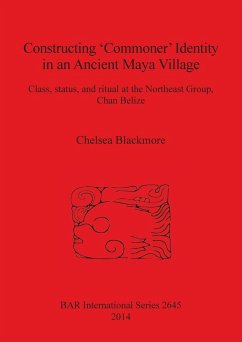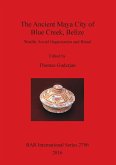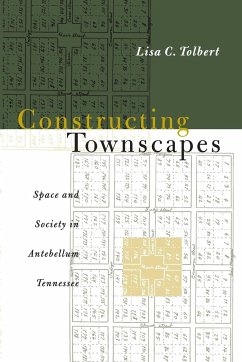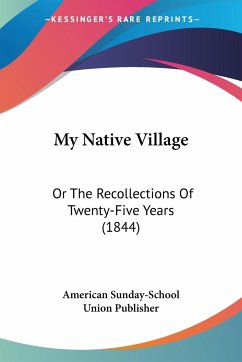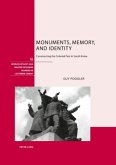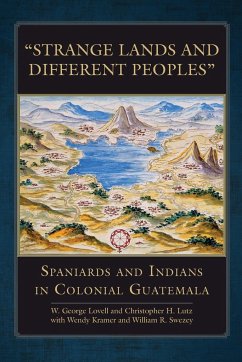Research at the Northeast Group explores how the malleability of commoner identity is crucial to interpretations of ancient Maya society. This volume has two main aims: first to demonstrate how residents of the Northeast Group used materials and architecture to distinguish themselves from others in the neighborhood, and second to examine the implications of commoners as agents of history. Fundamental to this is the deconstruction of what archaeologists mean by commoner and the theoretical and methodological assumptions built into these definitions. Regardless of extensive research in settlement and household studies, interpretations of ancient Maya society continued to be framed with reference to elites. As elites are defined as the motor of change within civilization, commoners, in contrast, are characterized as static and passive. This books seeks to demonstrate that these models do not accurately reflect who commoners were and their impact in the construction of ancient Maya society as a whole.
Hinweis: Dieser Artikel kann nur an eine deutsche Lieferadresse ausgeliefert werden.
Hinweis: Dieser Artikel kann nur an eine deutsche Lieferadresse ausgeliefert werden.

